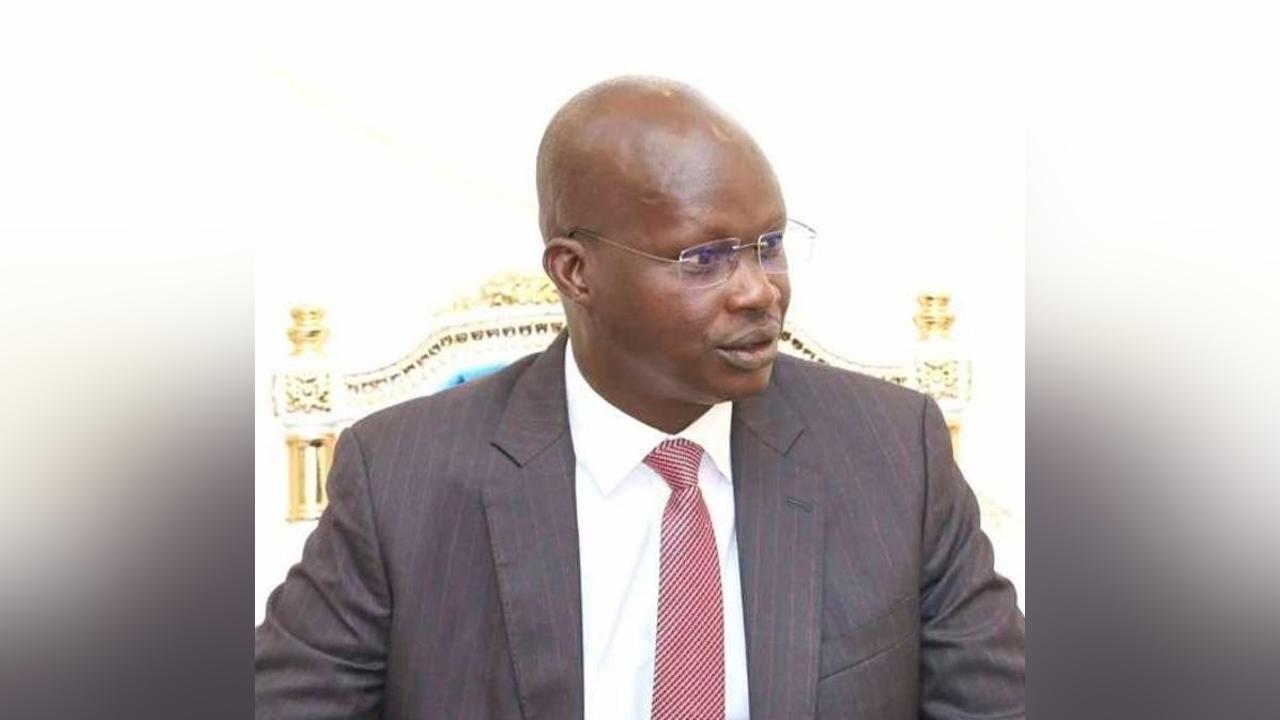Africa-Press – South-Sudan. The Bank of South Sudan has today held a workshop for stakeholders aimed at tackling the ongoing economic challenges, including the liquidity crisis in the country, where “over 80% of our people are outside the formal financial system.
The one-day Policy Dissemination Workshop on Financial Inclusion and Market Development in South Sudan, held at the Bank’s headquarters, brought together key stakeholders from across the public and private sectors, economists, bankers, academics, and development partners.
It featured presentations of two key research papers on “Impediments to the Evolution of Mobile Money and Financial Inclusion in South Sudan” by Dr. James Alic Garang, and “Financial Inclusion and Market Development in South Sudan” by Jacqueline Nyibol Ajongo and Prof. Samson Taban Joseph.
The papers explored the structural and policy barriers hindering the growth of mobile money and provided recommendations for strengthening financial inclusion and developing local financial markets.
Dr. Othow stressed the need to broaden access to banking and digital financial services. He said South Sudan’s continued dependence on cash contributes to the country’s major vulnerability and called for a coordinated shift to digital platforms.
“Financial inclusion will not be just a statistic. It’s a must. It’s a barrier that we need to break. We need to follow,” Dr. Othow said.
“Without access to savings, to credits, to finance, to payment, our citizens are [not] able to fully participate in what we call economic lifestyles. Because if we offer that platform, it will be easy for everyone, whether you are in town or in a remote area, to access financial services—either through your phone, through your bank—regardless of whether you are applying for loans, to be able to pay the school fees or pay your family in the regions. And you use other channels.”
He added, “So, this is a responsibility that we thought we should take upon ourselves and ensure that it becomes a reality.”
Dr. Othow also reiterated the government’s commitment to digital transformation as a strategic solution to economic challenges, including liquidity crises.
“We are the only country in the region that still relies heavily on cash. And cash comes with so many associated risks,” he said.
“That’s why we took it upon ourselves to ensure that digital payment, digital transformation—pushing all our people, starting from the bank and the entire financial sector—into the digital platform will be the way to address all the challenges that we have, including the liquidity crisis.”
He said that the move to digital finance must be a shared effort:
“We thought that by introducing what we call a digital transformation journey, we’ll be able to create a way of addressing all those challenges amicably once and for all. Of course, this is not a one-man show or initiative. It requires a collective effort. That’s why you are here.”
For More News And Analysis About South-Sudan Follow Africa-Press






